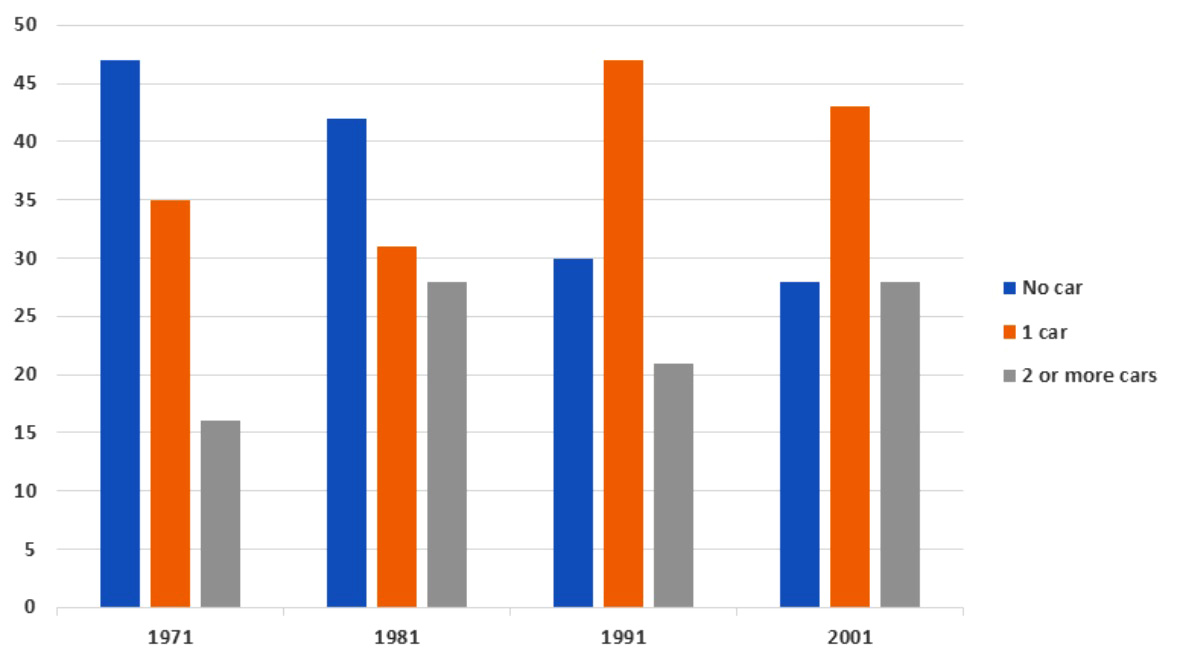While some people tend to think that playing sport is simply an activity people do for leisure, others would argue that it has a significant role to play within society. Personally, I believe that sport does have an important function in society, but can also simply be enjoyed as a leisure activity by people.
On the one hand, nobody can deny that sport is a great leisure activity. Millions of people all around the world participate in sporting activities everyday simply because of the sense of well-being and relaxation that it brings them. People play sport for numerous reasons, including, wanting to get ft or stay in shape, as a way to relax and take their mind off the stresses of daily life, and as a way to socialise and spend time with friends. These reasons would indicate that people get involved in sporting activities as a form of leisure.
However, even though most people play sport for the personal benefits, it does also serve a number of usual functions within society. Firstly, sport creates healthier societies. People who play sport are known to be happier and healthier, and less prone to certain mental and physical sicknesses, which reduces the burdens on healthcare systems. Secondly, sport brings people together and creates a sense of unity within societies. This can be witnessed when complete strangers join together to cheer on and support their countries football team. Finally, sport teaches people many important life skills and lessons, which help people to function more effectively within their society, making it a better place to live.
In conclusion, even though people may only participate in sport for the purpose of leisure, it does also bring a number of important benefits to societies as well.
(290 words)

